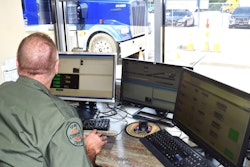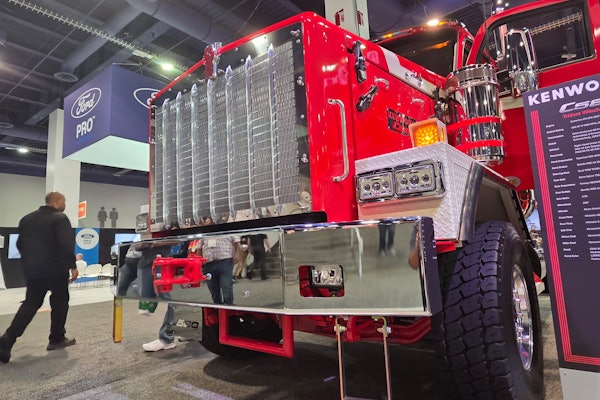The Federal Motor Carrier Safety Administration last month denied a petition from the Commercial Vehicle Safety Alliance that asked the agency to add a maximum distance and/or time a driver can use personal conveyance.
The denial has yet to be published in the Federal Register, but it appears on the agency’s Petitions page online.
In a statement to Overdrive, FMCSA said it denied the petition “because the agency continues to believe there is insufficient data to support the initiation of a rulemaking” regarding personal conveyance limits.
The news may come as welcome to many Overdrive readers. Polled around the notion of time/distance limits on personal conveyance in Spring this year, most owners favored the status quo around personal conveyance guidance.
CVSA first petitioned FMCSA for a personal conveyance definition in December 2018, and FMCSA denied that petition in September 2020. FMCSA had previously issued guidance in June 2018 providing regulatory guidance concerning personal conveyance that FMCSA said “is an appropriate alternative to rulemaking.”

FMCSA’s guidance states that drivers can use personal conveyance “only when the driver is relieved from work and all responsibility for performing work by the motor carrier,” adding that PC can be used even if the truck is laden, “since the load is not being transported for the commercial benefit of the carrier at that time.” Common uses for PC, outlined in FMCSA's guidance, include time spent driving from lodging to a restaurant or entertainment; time spent traveling to a nearby, reasonable, safe location to rest after loading or unloading; and more.
[Related: 'Personal conveyance' in the hours of service: Owner-ops say no to time/distance limitations]
In its March 29, 2022, petition, CVSA said under FMCSA’s current guidance, “a driver could, in theory, drive hundreds of miles over the course of several hours all under the designation of personal conveyance.”
Since electronic logging devices were mandated, said CVSA Executive Director Collin Mooney, there has been an increase in the number of false logs violations -- they accounted for 42.6% of all driver out-of-service violations in the U.S. and Canada during this year’s International Roadcheck. Mooney added that CVSA’s analysis of that data has shown that a lot of those false log violations are a misuse of personal conveyance.
“We definitely see that the data is trending upward,” he said. “Not to say that’s anything new, it’s just because ELDs have made it easier for us to identify falsification issues, whether personal conveyance or otherwise.”
[Related: 'Man v. machine' comes to the roadside: Mitigating rising 'false log' risk]
Because FMCSA said it believes there is not enough data to support a new rulemaking to put limits on personal conveyance, Mooney's put CVSA on a path to continue “to monitor and collect additional data, because we don’t believe that this issue is going away any time soon,” he said. “If FMCSA is concerned they don’t have sufficient data, we will be in data collection and analysis mode to provide them with the information that they feel necessary to implement a rule.”
Mooney said the biggest issue CVSA sees with the current PC guidance is that it’s subjective. “It’s not definable or measurable, like distance or time period,” he said. As with any regulation, Mooney added, “in order for it to be enforced effectively, it needs to be measurable.”
As far as an actual limit CVSA would like to see, its March petition pointed to Canada’s personal conveyance regulation, which allows drivers to use a vehicle for personal conveyance purposes for a maximum of 75 kilometers per day (approximately 46 miles), unladen.
[Related: Trucking law: What's appropriate for 'personal conveyance' in the logbook/ELD]











